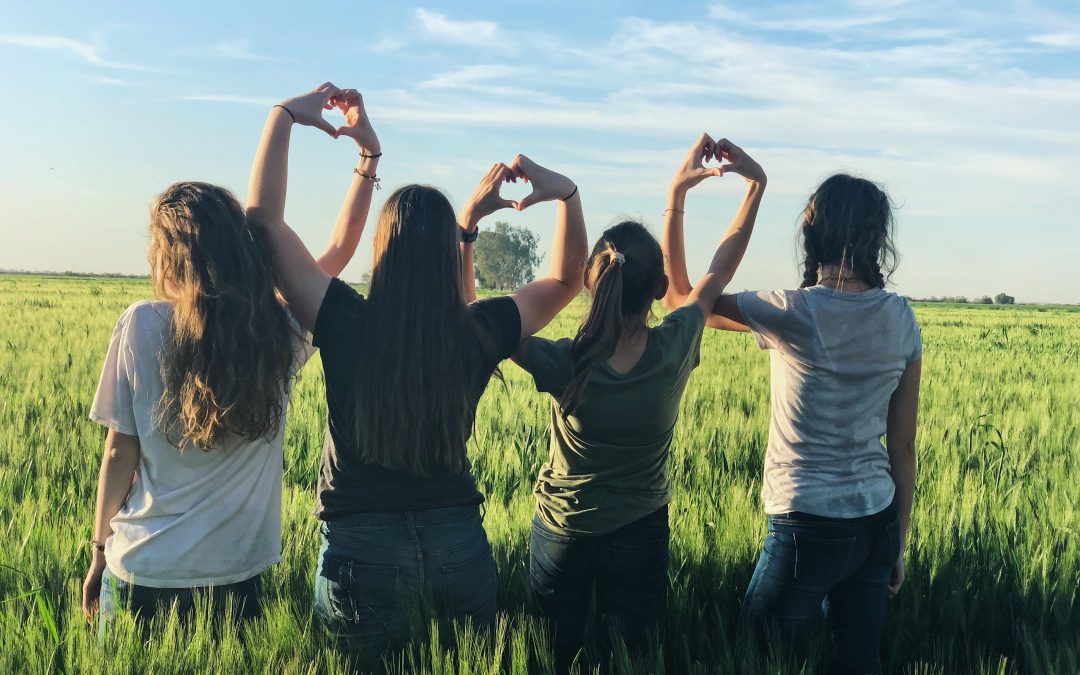I became a fundraiser by accident, at least that’s what I thought for a long time. After graduating with a journalism degree, I applied for a marketing internship at The Children’s Museum of Indianapolis, the largest children’s museum in the world. The internship director responded that the marketing position had been filled, so would I be interested in working in the development office? I didn’t know what “development” meant at the time, but I assumed it was similar enough that I would still be able to do what I love—to write—so I said yes.
I learned that development was another word for fundraising, which made me a little nervous. I imagined my introverted self awkwardly soliciting random people over the phone for money. Thankfully, within the first week, the grant writer, Ann, took me under her wing. I learned that development was more than cold calling. Ann had me do research about foundations, and meet with museum curators and staff to learn about what they needed to develop programs to inspire and engage kids.
Afterward, she explained that it was our job to take the research and needs and connect them in a way that shows why we should work together to positively impact our community. I didn’t fully understand it then, but that was my first lesson in philanthropy.
Looking Outward
On the surface, fundraising can seem transactional, like a one-way street—people in need asking for money, and people with money giving it to them. But at its best, it is much deeper than that. Fundraising is an integral part of philanthropy, a word that originates from Greek roots meaning love of humankind.
Instead of a one-way street, those who have needs and those who have money are actually working together in love for the same outcome; a better, safer world; educated children; happy, healthy families; strong communities of faith. I am reminded of The Little Prince by Antoine de Saint-Exupéry,
“Love does not consist of gazing at each other, but in looking outward together in the same direction.”
In the midst of our generosity, our society often steers us into feelings of scarcity that leads to inequity. It makes us ask questions like “If I give, will I have enough for myself and my family?” or “How will I know that what I give will be used in the best way possible?”
To counter that, there’s been a rise in trust-based philanthropy, which closes the distance between philanthropists and those who will use their support to do their work by encouraging a more thoughtful two-way street. It is “…rooted in advancing equity, shifting power, and building mutually accountable relationships, (it) seeks to demonstrate humility and collaboration in what we do…”
As someone who has worked with many donors over the years, I can see how gifts given in that spirit positively impact both the giver and the receiver. A $10 or $100 donation becomes more than a meal or books, it becomes sustenance and education for people in our shared community. By working together and looking outward, we trust that we will have enough and that our gifts will be used for the greatest good.
Trusting God
As Christians, God calls us to not only trust each other, but to look outward to him. He calls us to have faith beyond scarcity, assured that he will always provide what is needed.
“Therefore I tell you, do not worry about your life, what you will eat; or about your body, what you will wear. For life is more than food, and the body more than clothes. Consider the ravens: They do not sow or reap, they have no storeroom or barn; yet God feeds them. And how much more valuable you are than birds!” (Luke 12:22-24 NIV).
We can see God’s generosity throughout all of creation, and most importantly by the gift of his son, Jesus, “For God so loved the world that he gave his one and only Son, that whoever believes in him shall not perish but have eternal life” (John 3:16 NIV).
God calls us to be generous, to steward his gifts, to have faith and trust that what we have -and have given- will reap blessings beyond what we can see.
After all these years, my first lesson in philanthropy remains true. Our job is to take what we learn and work together to build connections. It requires us to work together in love by taking time, listening, paying attention, and relationship-building. It requires us to look outward with faith and trust.

